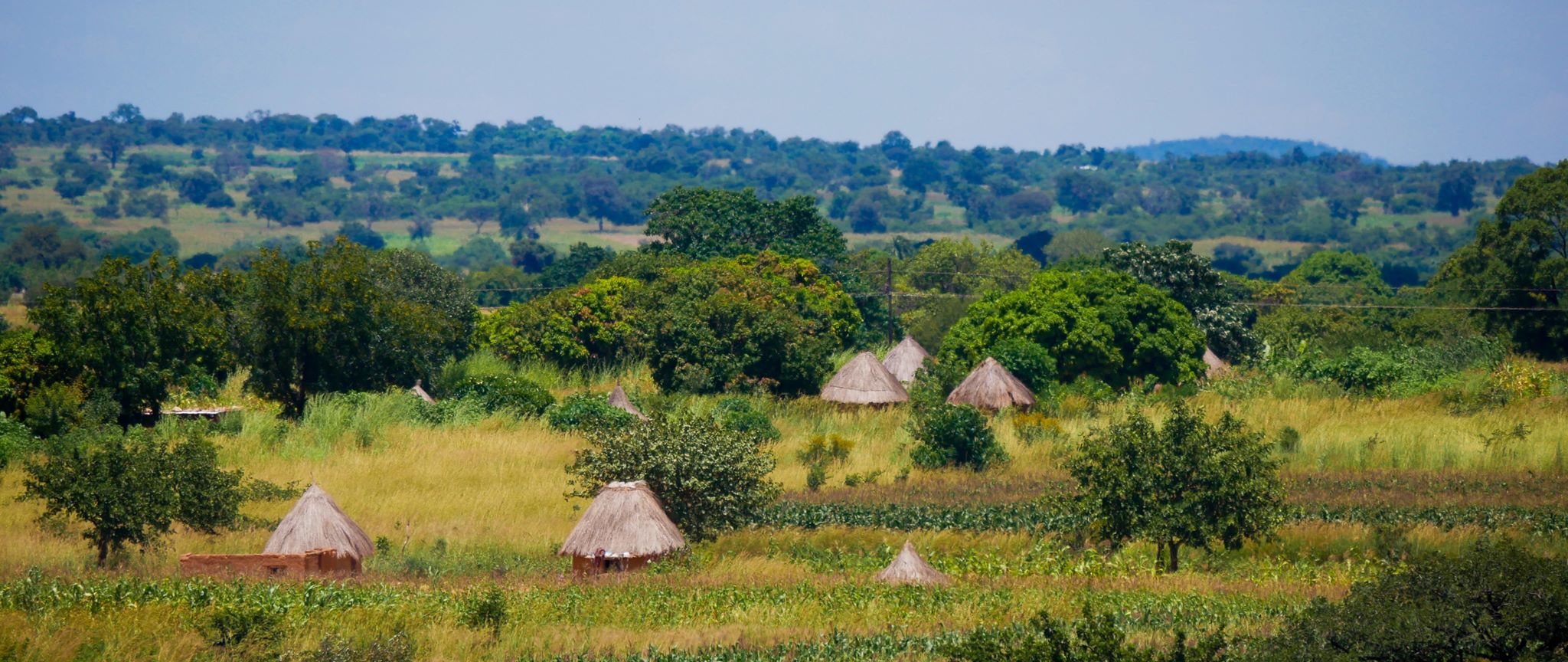Naomi is currently interning with Baraka Community Partnerships while waiting for her university decisions to come through. Helen caught up with her earlier today to discuss how the role of women in Zambian society is slowly evolving and what advice she would give girls
Photo credit: Malama Mushitu
H: What is the traditional role of women in Zambian families and how is this changing?
N: The traditional role of women in Zambia is to take care of their homes, to make sure their husbands are happy and to make sure the kids have everything they need. Women are, however, becoming much more than that. Women want to be independent and they’re developing themselves by increasingly recognising that a good education enables them to provide for the family. They are no longer limited to doing chores.
H: Does that put a strain on the family?
N: In one way, the role of the man is less important. However, I think increasingly, men want to share the burden of responsibilities in the household in case things go wrong. Also, it is important for the woman to be less dependent on the man. For example, before my parents’ divorce, my dad used to provide for the family and my mum was just a housewife. However, my father changed and my mum needed to find work to support the family. She had never worked before and had no qualifications, so it was difficult for her to persuade anyone to take her on.
H: How how do you think it’s different for your generation?
N: More educated women have realised we cannot be and are no longer prepared to be entirely dependent on men. In the past, women have had to beg their husbands to provide anything for them, even a kwacha [about 3 pence]. Women have realised we also have the potential to become better. We can have successful careers; just as we can be good mothers and wives we can also be so much more. We can talk on behalf of other women; we can help other people; we can become an inspiration to youth – both girls and boys.
H: You are currently interning with Baraka Community Partnerships, working with girls who are being given the chance of an education. Without going into individual details, what are the sorts of issues that girls like them face and why is it so important to give them this chance of an education?
N: The main issue I’ve noticed is that it’s very important to give girls a chance of an education. If they are not educated, their parents try to marry them off early (between 16 and 18 years in rural communities). The parents believe if they can find a rich husband for their daughter, the family situation and the girl’s situation will improve. Wealth is a relative thing and, in a rural community, a rich husband might be someone who owns one or two cows. This would be given as lobola [bride price]. However, if a girl is educated, the can an independent mindset whereby they can show their families the potential they have and be able to provide for their families themselves rather than depending on someone outside the family.
H: Has you view about the importance of giving women equal rights changed during your time at Our Moon?
N: Yes definitely! By having the chance to get to know young influential Zambian women who have faced and overcome challenges along the way has been really inspiring to me. Through Our Moon, I have realised that I can use my education to impact many lives. I feel the more women are educated, the sooner we will be able to enjoy the same rights as men. And in this way, we can collectively move our country forward.
H: What are you hoping to do with your education?
N: Okay, I feel it is so important to educate people and, especially the girl child to reduce ignorance. Imagine Zambia having a female President! So part of what I want to do with my education is to help educate others. In particular, I am interested in a health related profession and hope to help others through educating them about better health. My background wouldn’t typically have allowed me the opportunity I now have to go to university, but I hope that girls will hear my story and be inspired to succeed as well.
H: In Zambia, for financially-disadvantaged youth, there is a two year gap between leaving school and going to university – and then only if they are given an adequate loan to be able to go. What would you tell that girl who is stuck at home, doing chores and feeling like there is no hope?
N: OK so I’ll tell her that no matter what position she might be in there is always something you can do to help others. So I would advise that she shares whatever she has – maybe what she learned in school – to make another person’s life better. Then she should also try to make herself better in any way, no matter how small, for example just reading a book or reading a newspaper – be curious about the world. Mostly, be patient, search for opportunities and step out of your comfort zone – you will never find opportunities if you just sit there waiting for them to come to you. But if you do these things, opportunities are there and you will be able to take advantage of them.


